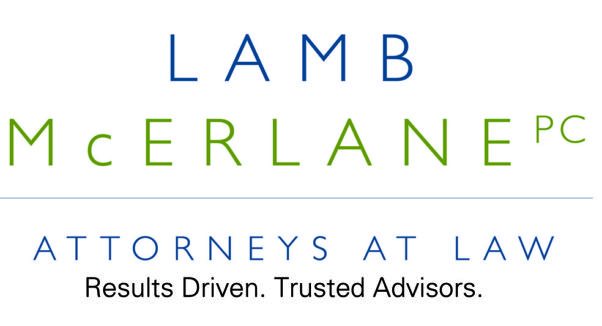Can Private Employers Require COVID-19 Vaccinations for Employees?


As the first doses of the COVID-19 vaccine are being administered, many are asking the question can private employers require employees to take the vaccine?
Most private sector employees are employed at will, in which case a private employer may set the requirements for employees to continue employment. Employers considering mandatory vaccination policies will have to consider whether requiring vaccination is “job related and consistent with business necessity.” That is the standard under the Americans with Disabilities Act that permits employers to make medical inquiries and administer medical tests in situations like the pandemic. Certain employers such as healthcare providers or other employers that regularly interact with the public and co-workers will have a strong case for requiring employee vaccinations, as long as the companies’ vaccination policies meet this standard and have certain exceptions.
What are the exceptions?
Exceptions must be made for employees who cannot be vaccinated because of an underlying medical condition or disability covered by the Americans with Disabilities Act (ADA) or due to the employee’s sincerely held religious beliefs. In those instances, employers may be legally required to give the employees a reasonable alternative in order to continue to work such as continued mask wearing or working remotely.
An employee may be exempt from a mandatory vaccine if the employee has a disability covered by the ADA that prevents the employee from taking the vaccine. An exemption from the vaccine requirement would be considered a reasonable accommodation under the ADA unless there is undue hardship, which the ADA defines as significant difficulty or expense for the employer, and is a high threshold to meet.
In addition, an employee may be exempted from a vaccine mandate under the religious accommodation provision of Title VII of the Civil Rights Act of 1964. An employee may be excused from the requirement if taking the vaccine would violate his or her sincerely held religious beliefs. An employer must provide a reasonable accommodation unless it would pose an undue hardship, which under Title VII is “more than de minimus cost” to the operation of the employer’s business. This is a lower standard than the undue hardship standard under the ADA.
Moral or political beliefs do not meet the standard for exemptions.
What else should employers consider?
The potential medical and religious accommodations are just two of the factors employers will have to consider when deciding whether to mandate vaccines for all employees.
Employers also need to weigh any liability issues a vaccination requirement might raise. For example, if an employee suffers side effects from a mandatory vaccine, the employee potentially could have a worker’s compensation claim.
Employers will also have to contend with the effect on morale that a mandatory vaccine may have. General fear about the safety of the newly released vaccine and the political shadow the pandemic has cast are issues with which all employers will have to contend.
Certain employers may find that it more prudent to strongly encourage vaccination rather than require it. Each private sector employer should consider the company’s individual needs and circumstances and should talk with legal counsel about its options.
This article is for educational purposes only and does not constitute legal advice. Should you need legal advice or have questions regarding this topic, reach out to Mary-Ellen H. Allen, Lamb McErlane PC, at 610-430-8000 mallen@lambmcerlane.com.
__________________

ABOUT THE AUTHOR
Mary-Ellen H. Allen is a partner at Lamb McErlane and co-chair of the firm’s Employment Law Department. She concentrates her practice on employment law and commercial litigation and has extensive experience in handling employment law issues both in and out of the courtroom.
Connect With Your Community
Subscribe to stay informed!
"*" indicates required fields









![95000-1023_ACJ_BannerAd[1]](https://vista.today/wp-content/uploads/2023/03/95000-1023_ACJ_BannerAd1.jpg)






































